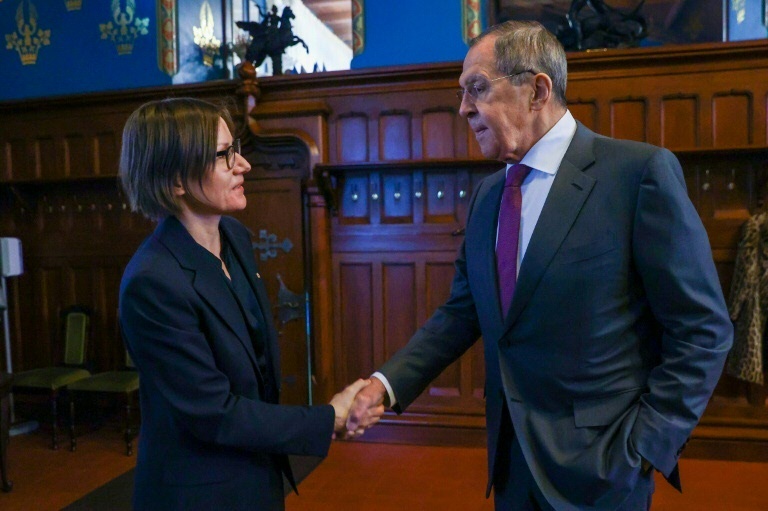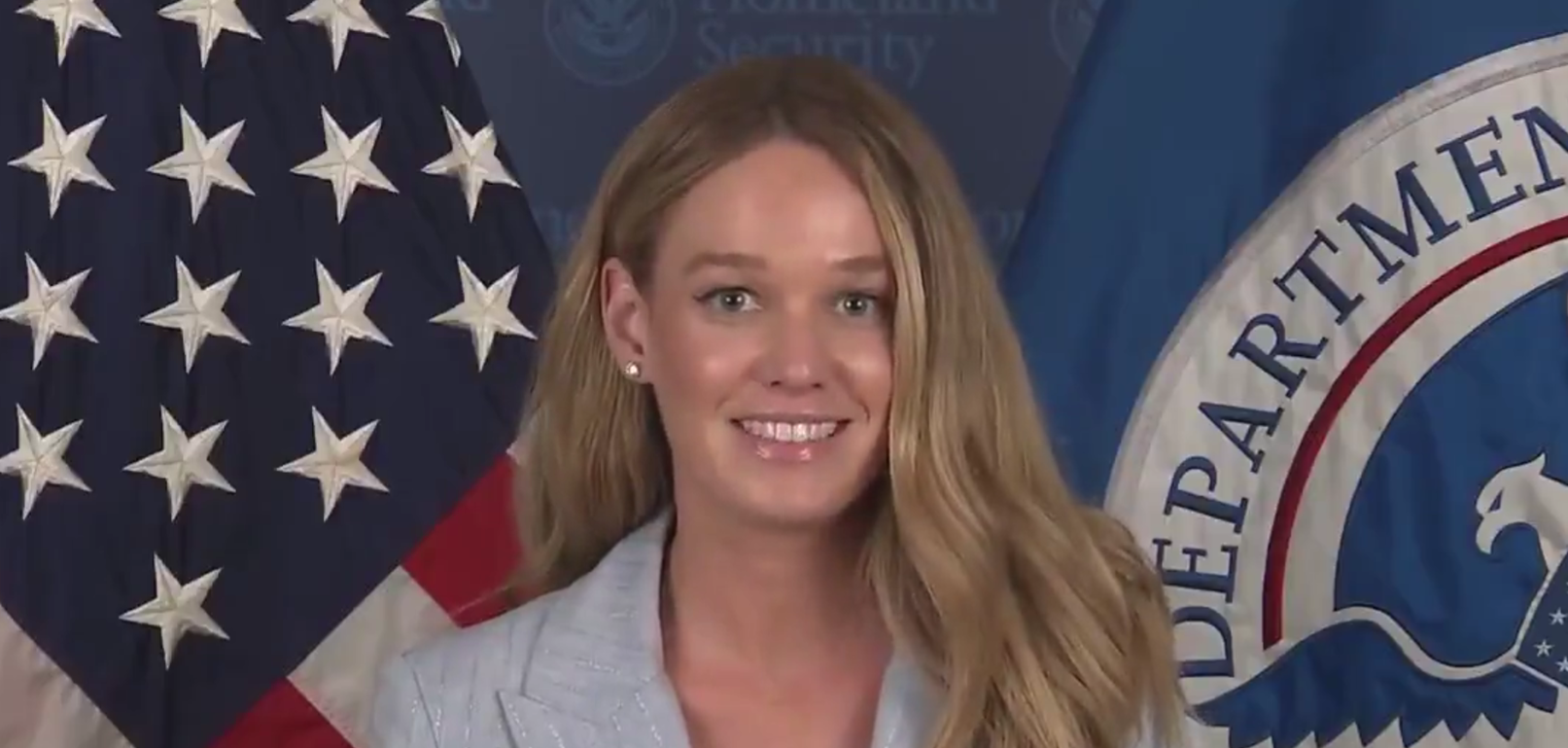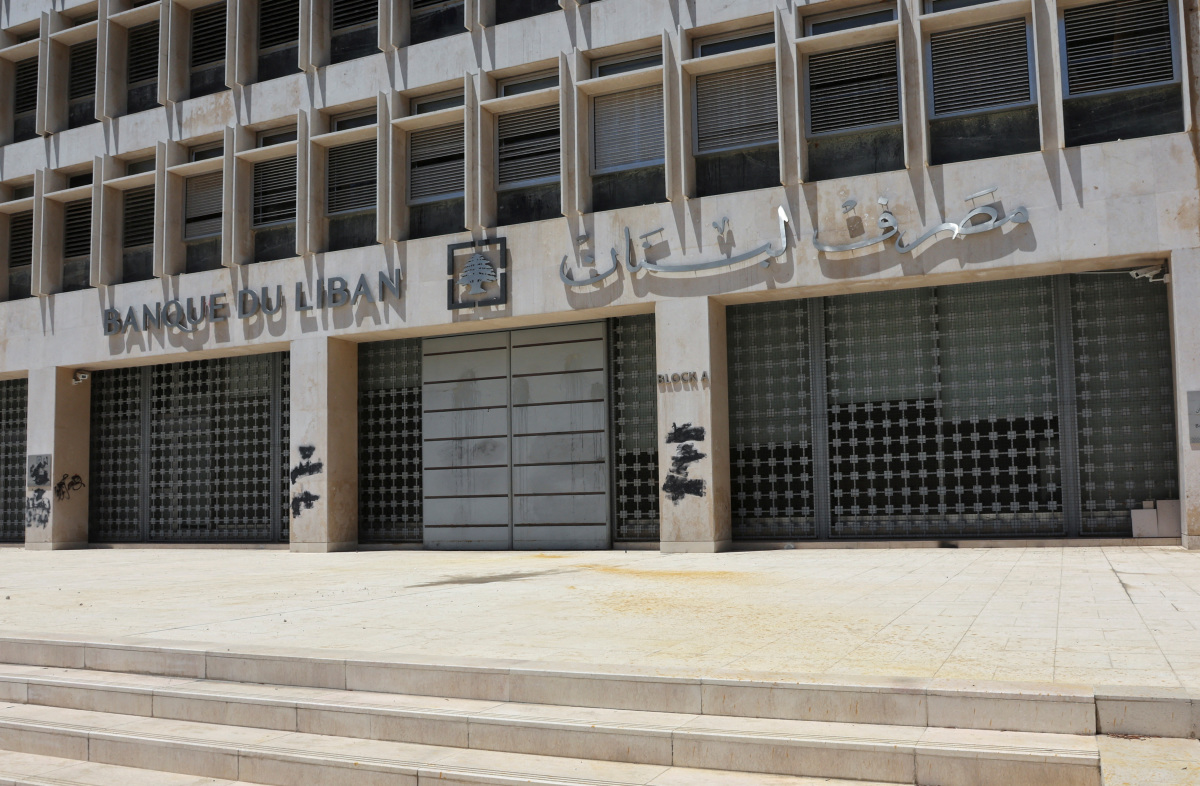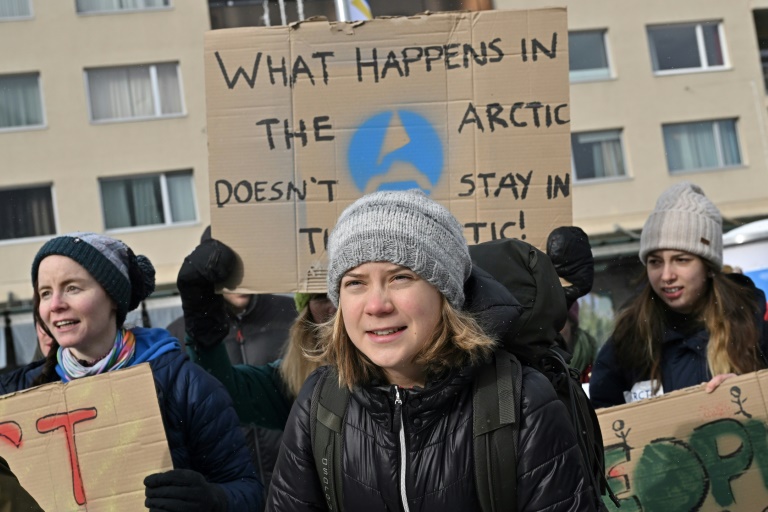AFP
The International Committee of the Red Cross urgently needs more access to prisoners of war on both sides in the Ukraine conflict, the organisation said Friday after its president visited Moscow.
“Progress on prisoners of war is urgent,” the ICRC said in a statement as president Mirjana Spoljaric concluded her first visit to the Russian capital since taking office in October.
During the two-day trip, Spoljaric met with Russian Foreign Minister Sergei Lavrov and other top government officials, as well as the head of the Russian Red Cross Pavel Savchuk.
She “raised the importance of upholding international humanitarian law and additional critical humanitarian concerns related to the international armed conflict between Russia and Ukraine,” the statement said.
The visit followed her trip to Ukraine in December, where she also met with government officials, the Ukrainian Red Cross, as well as families of POWs and members of communities impacted by the war.
ICRC said that one of Spoljaric’s priorities was “that prisoners of war are treated humanely and receive regular ICRC visits.”
“It is time to see meaningful progress. Lives are at stake, and people on both sides of the international armed conflict are desperate for news of their loved ones.”
Visiting POWs is core to the ICRC’s mission enshrined in the Geneva Conventions, which define the laws of war.
The ICRC has been repeatedly criticised by Ukrainian President Volodymyr Zelensky on the ultra-sensitive subject of POW visits.
He has accused the organisation of not pushing hard enough to gain access to Ukrainian troops captured by Russian forces.
Speaking to reporters last month, Spoljaric stressed the difficulty of the task and the dangers facing ICRC teams on the ground when visiting prisoners.
“If the ICRC doesn’t come, it is not a choice,” she insisted.
“We have to receive adequate guarantees and competent reassurances that our convoys will not be hit while trying to get to these facilities.”
The ICRC has long complained that it lacks sufficient access to those held by the warring parties.
In Friday’s statement, the organisation said it “only had some access to prisoners of war to monitor their conditions of detention and treatment, share much-awaited news with their families and provide essential assistance.”
“Thousands more… have the right to be visited,” it said.
“We are urgently seeking full, unimpeded, and regular access to all prisoners of war, wherever they are held.”







